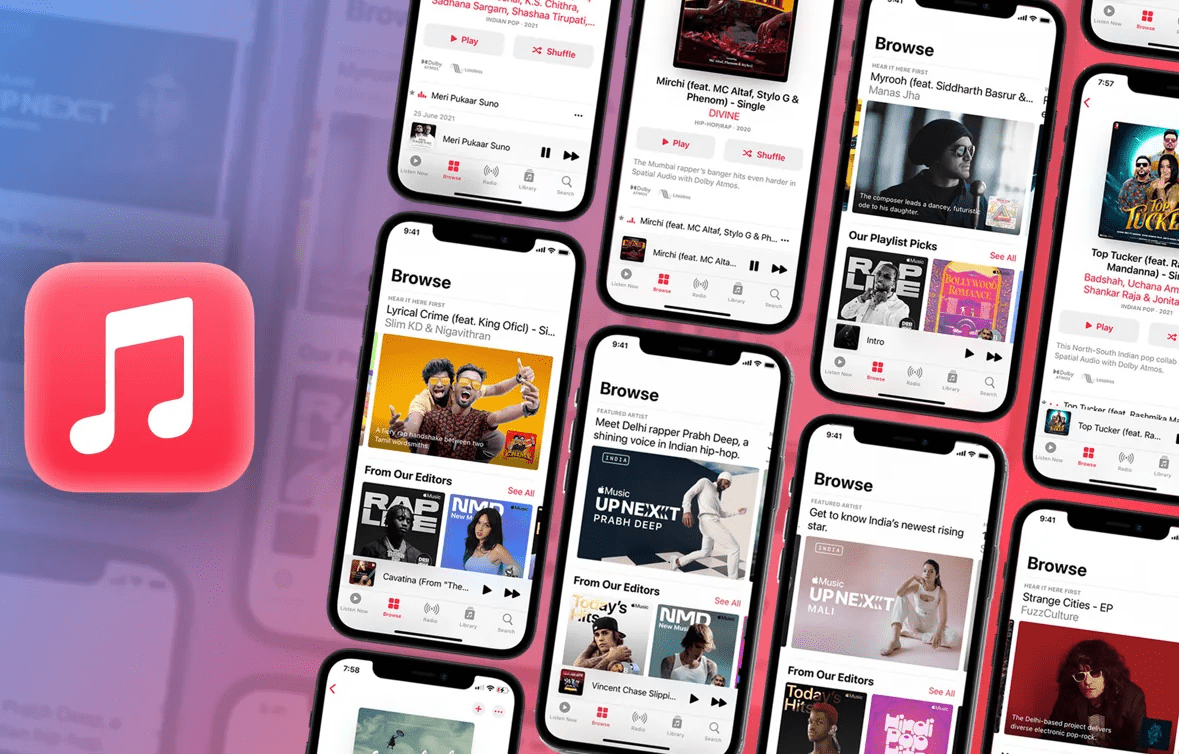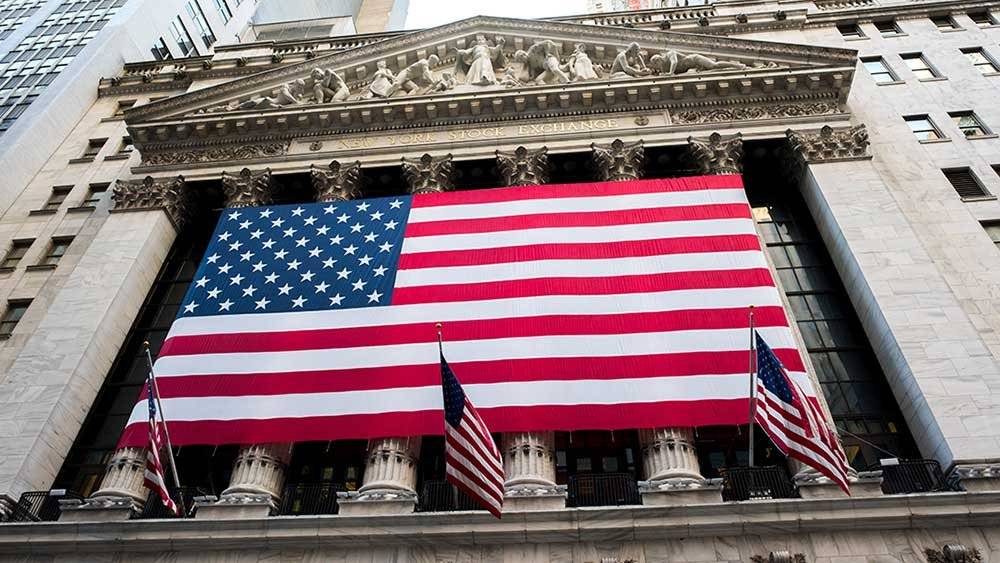Apple Music released an unpopular list of the 100 greatest albums ever recorded this week. It was based on human judgment, and quality criteria that seem almost radical these days, rather than streaming statistics, record sales, or the computers that run our lives.
A team within one of the most valuable firms in the world has been working on a secret project for the last year. Not a phone, tablet, or computer was it? It was not, either, a mixed-reality headset. Nothing about it was a gimmick.
Apple bet its name on creating something else that appeared practically impossible to do.
Apple created a list, different from the others that had existed, by asking around 250 staff members, musicians, and business leaders to vote on the albums.
Generally speaking, the lists honor decades-old music. This one was intended to honor more modern albums that Apple’s voters felt had already established their legitimacy in the music world. Though not as ancient as the legendary LPs, Apple thinks they will be regarded as masterpieces for many years.
Global creative director for Apple Music Zane Lowe stated, “It’s a twist on the list.”
Between 50 Cent and Eminem is where Neil Young is found. Following Wu-Tang Clan but ahead of Nas comes Carole King. SZA and NWA are sat between Kraftwerk. Two albums by Radiohead and one from the Rolling Stones are included, along with more music from the 2010s than the 1960s.
From “Blue” (Joni Mitchell) to “Kind of Blue” (Miles Davis) to “Blue Lines” (Massive Attack) to “The Blueprint” (Jay-Z), the list comprises Prince, Lorde, Sade, Drake, Robyn and Björk.
The Smiths and Patti Smith, Bob Dylan and Bruce Springsteen, the Beach Boys and the Beastie Boys, and other favorites of previous lists are all there. Still, Billie Eilish and Bad Bunny are there.
Apple released ten records a day rather than the whole collection at once, creating excitement as fans debated which record would be the best of all time.
The top of the list proved to be as varied, surprising, and contentious as the rest of it: “Abbey Road” by the Beatles at No. 3, “Thriller” by Michael Jackson at No. 2, and “The Miseducation of Lauryn Hill,” by singer and rapper Lauryn Hill, acclaimed the No. 1 album of all time.
When Rolling Stone issued its list of the 500 best albums in 2003, it was dominated by rock music from the 1960s and 1970s, with The Beatles’ “Sgt. Pepper’s Lonely Hearts Club Band” taking the top position. What about Lauryn Hill’s 1998 record? It ranked 312th.
Even when the magazine changed its rankings in 2020, moving “The Miseducation of Lauryn Hill” up to No. 10, it promoted Marvin Gaye’s blockbuster hit “What’s Going On” to the top spot. That album ranked 17th on Apple’s list, behind Adele and Beyoncé—yet “Sgt. Pepper” did not make it onto the list.
Of course, the natural reaction to any list is to point out all how it is not just inaccurate, but also absolutely offensive, so absurd that everyone involved should have their ears examined.
Because it is difficult to compare music across eras and genres, any ranking of the greatest albums is intrinsically faulty and will fail everyone while satisfying no one. Half of the people who read this will think there were too many pop records. The other half will obsess over all the hit records that were overlooked.
Taylor Swift’s “1989 (Taylor’s Version)” ranks 18th. Taylor Swift’s albums “Fearless” and “Red” should be on the priority list.
This, by the way, is precisely what Apple Music wants you to do with the 100 Best Albums list: analyze, argue, and even disagree with it. Perhaps you were pleasantly surprised and truly like it. Perhaps you disliked it. As long as you are discussing it.
“If we can spark some discussion among our subscribers and the industry,” said Oliver Schusser, Apple’s vice president of Apple Music.
It was a publicity trick to get attention and sell subscriptions to Apple Music, which isn’t nearly as popular as industry heavyweight Spotify.
There was also a risk. Apple recently apologized for a startlingly tone-deaf iPad advertising, which was another marketing trick that might have failed and caused additional criticism, since a list of the top 100 albums could as well be an invitation to a roast.
But it was also a flex. Unlike previous lists, Apple Music has all the features of a streaming platform, and the company’s objective was to cut through the cacophony of internet debate and allow users to interact with these songs.
When the list was released, many jokes were made about how it reads like something created by ChatGPT. The reverse was true. At a time when albums are being atomized into playlists and platforms are controlled by artificial suggestions, the most unexpected aspect of this initiative is that it was created by human tastemakers.
“We have always placed a premium on human selection,” said Ebro Darden, Apple Music’s worldwide editorial head for hip-hop and R&B.
Human selection is one method to explain how an unlimited amount of records was narrowed down to the final 100 Best Records list. Another option is that a group of individuals gather in a room to discuss music.
“Nobody here can think of a more productive use of their time than sitting around and talking about music,” stated Rachel Newman, Apple Music’s senior director of content and editing.
They spoke about significant albums from the past. They spoke about extraordinary recordings that would undoubtedly affect the future. They discussed a subject that Lowe posed: “How long does an album have to exist before it is regarded as one of the greatest of all time?”
The ones that were “complete emotions, not just collections of hit songs,” Darden explains. They caught a sensation, reflected on a time, and influenced other musicians. The ones who defined an era or were so ahead of their time that they proved everlasting.
When it was finally time to compile the list, Apple Music staff contributed albums from No. 1 to No. 25. The remaining votes included musicians, composers, and producers from a wide range of genres and eras, including disco, country, and punk-pop.
It would have been foolish to include the Beatles or Marvin Gaye on such a list fifty years ago. But it would have been prophetic. This list aims to recognize current music that will appear on comparable lists of historically significant albums in 50 years.
Read More:
Nvidia’s Q1 Profit up by 600%, 10:1 Stock Split Announced
Source
The Wall Street Journal

Andrew is a New York-based markets reporter at The Wall Street , covering the latest news from Wall Street, the rise of the spot bitcoin exchange-traded funds and updates on crypto markets. He is a graduate of New York University’s business and economic reporting program and has appeared on CBS News, YahooFinance and Nasdaq TradeTalks. He holds BTC and ETH.







